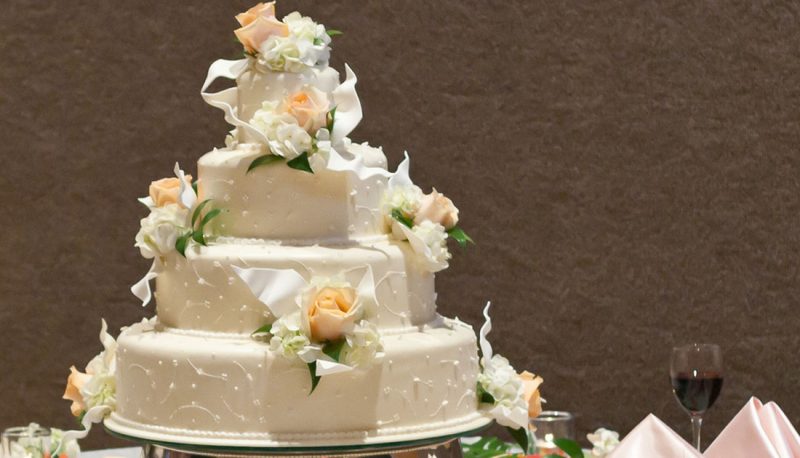This post originally appeared on Right Wing Watch.
The Supreme Court today announced that it will hear one of the many cases that Religious Right groups have been promoting involving what they say is the First Amendment right of wedding industry professionals to refuse service to same-sex couples. The case that the Supreme Court will hear involves Jack Phillips, a Colorado baker, who refused to make a wedding cake for a gay couple, citing his religious beliefs. The baker is being represented, unsurprisingly, by the Religious Right behemoth Alliance Defending Freedom.
People For the American Way Foundation’s Paul Gordon summarized the case, Masterpiece Cakeshop v. Colorado Civil Rights Commission, last year in a preview of the court’s upcoming term:
The Court has not yet decided whether to hear this case involving the ability of a bakery to refuse services to a same-sex couple. Masterpiece Cakeshop is another vehicle used by the religious right to portray LGBT equality as inherently inconsistent with religious liberty. It is also an effort to expand their efforts to transform religious liberty from a shield designed to protect rights into a sword designed to strip others of their rights. The case relies on claims under the Free Exercise Clause as well as the First Amendment’s free speech provision.
The bakery is owned by Jack Phillips, who practices a version of Christianity deeply hostile to LGBT equality. When two men asked him to design and make a wedding cake for a local celebration after their planned marriage in Massachusetts (Colorado did not permit them to marry at that time), the bakery owner refused, saying his religion disapproved of their marriage and so he would not create wedding cakes for same-sex couples. However, Colorado prohibits discrimination in public accommodations on the basis of sexual orientation, and as a business open to the general public, the bakery was ordered to end its policy of discrimination.
Masterpiece argues that creating and baking a wedding cake is an expressive act signifying his approval of the marriage being celebrated. Therefore, compliance with the anti-discrimination law would be unconstitutional compelled speech he does not agree with, under the First Amendment.
The problem with this argument is that there is no indication that the cake would contain a message that the baker would be offended or repulsed by (such as a written racist, political, or religious message on the cake). The Eighth Circuit concluded that operating a public bakeshop that designs and sells wedding cakes in compliance with anti-discrimination laws does not convey a celebratory message by the baker himself. Any pro-equality message that an observer might interpret from the cake would be attributed to the couple, rather than to the baker. In addition, the court ruled that simply obeying a law does not express agreement with it.
Masterpiece also claims that enforcement of the law violates the bakery owner’s rights under the Free Exercise Clause. (There is no RFRA claim, because that is a federal law, and Colorado has no state-level equivalent.) Under the 1990 Employment Division v. Smith case (which weakened the Free Exercise Clause and led to the passage of RFRA in response), the Free Exercise Clause does not excuse a person from complying with a valid and neutral law of general applicability on the ground that it prohibits or requires conduct in violation of their religious beliefs.
The 5-4 Hobby Lobby case showed that five justices were willing to transform the concept of religious liberty into a weapon to deprive others of their legal rights. But one of those in the majority was Justice Scalia, so the Court is divided 4-4 on this fundamental issue. Last term’s Zubik v. Burwell failed to resolve the issue in the context of the Affordable Care Act’s accommodation for religious nonprofits with regard to contraception coverage; the Court essentially punted the issue back to the lower courts. But this is a question that will come up over and over again in the lower courts, until a ninth justice takes their seat and can help resolve the current impasse.
Of course, since Paul wrote of the court’s 4-4 divide on the religious liberty issue, another justice has been added to the Supreme Court. Religious Right groups enthusiastically supported President Trump’s nomination of Neil Gorsuch to join the Supreme Court, in part because of hopes that he would take their side in cases like this one.

